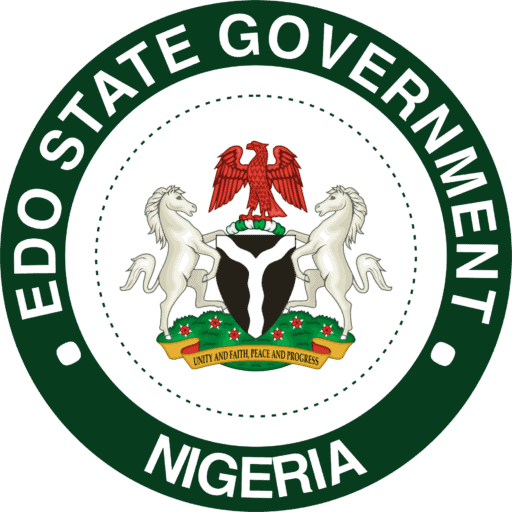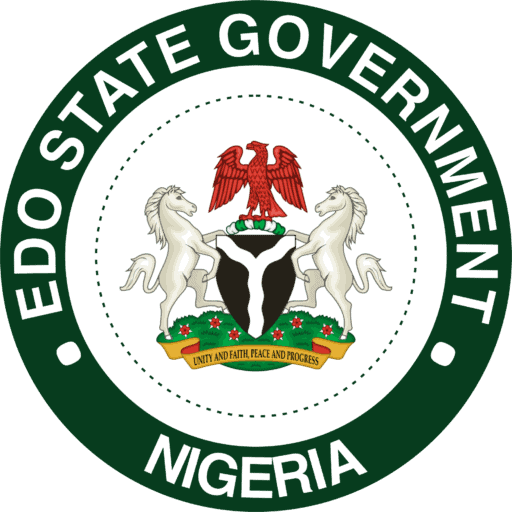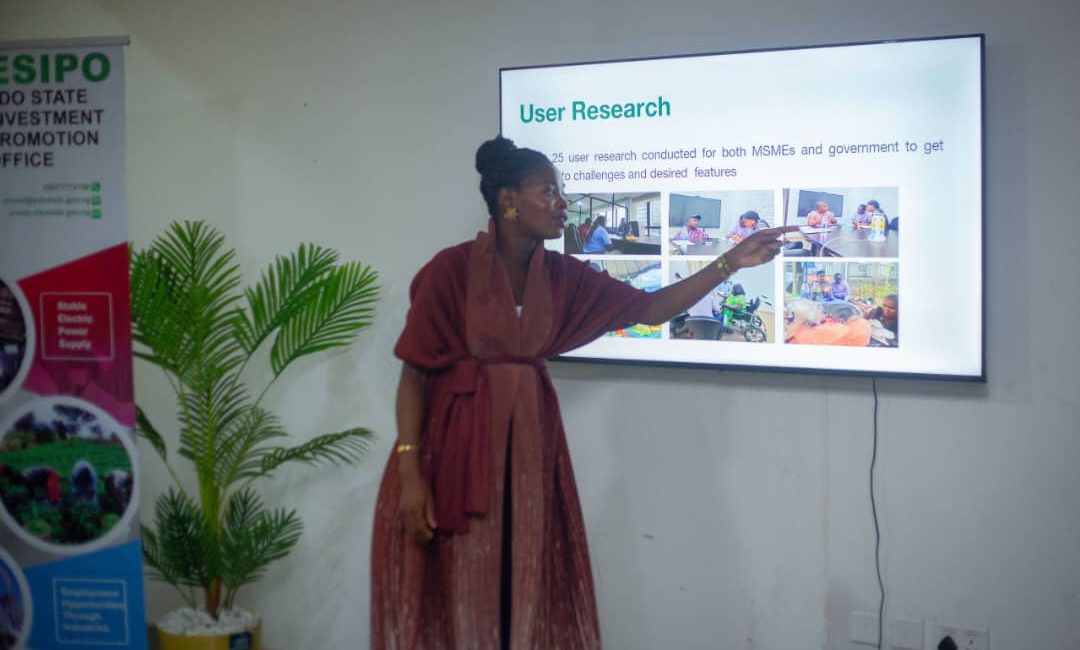In a significant move to accelerate access to finance for Micro Small and Medium Enterprises (MSMES) by the Governor Monday Okpebholo’s led administration in line with his vision to boosting the local economy, the Edo State Government, through the Edo State Investment Promotion Office (ESIPO), collaborated with the Bank of Industry (BOI) and LAPO Microfinance Bank to host a crucial information session focused on improving access to credit for Micro, Small, and Medium Enterprises (MSMEs) in the Esan Central Local Government Area.
The event, held on Wednesday, May 7, 2025, underscored the government’s commitment to fostering a thriving business environment at the grassroots level.
The Managing Director of ESIPO, Hon Amen Odigie in his opening address, highlighted the critical role of access to finance in enabling the growth, innovation, and job creation potential of MSMEs, emphasizing that the session was designed for direct engagement between business owners and key financial institutions, bridging the gap between available financial resources and the needs of local enterprises.
Hon. Odigie further emphasized the strategic importance of this initiative in achieving Disbursement Link Indicator (DLI 4) under the State Action on Business Enabling Reforms (SABER) programme, which focuses on improving access to finance for businesses, especially MSMEs. Progress in this area is expected to enhance Edo State’s ranking as a business-friendly destination, attracting further investment and fostering economic growth within the MSME sector.
According to him,” In addition to His Excellency’s effort in the state towards navigating access to credit for businesses, he has also directed us to go out and seek other interventions either of federal government or international to support businesses in the state. This is what informed our collaboration with the Bank of Industry in holding this engagement”
Representing the Chairman of Esan Central Local Government Council, Hon Kelvin Iyere, the Secretary of the Council, Pastor Eromosele Davies Oigbochie, delivered a goodwill message and closing remarks, reiterating the council’s support for initiatives aimed at empowering local businesses.
Key financial institutions, including the Bank of Industry (BOI) and LAPO Microfinance Bank, were present to engage directly with business owners. Mr. Joseph Edom, the State Manager of BOI, delivered a presentation on “Access to Credit for MSMEs: Supporting Business Growth and Development,” with a specific focus on the newly introduced Federal Government’s 75 billion Naira MSME intervention loan programme.
He detailed the application process and requirements for accessing loans ranging from 1 million to 5 million Naira at a favourable interest rate.
Oke Sofia, the Mega Branch Manager of LAPO Microfinance Bank in Ekpoma, provided insights into “Understanding LAPO MSME Products,” outlining the various financial products and support services offered by the institution tailored to the specific needs of micro and small businesses.
The information session also addressed common challenges faced by MSMEs in accessing credit, such as collateral requirements and poor credit histories. Attendees were encouraged to register their businesses with the Corporate Affairs Commission (CAC) to enhance their eligibility for financial support.
The importance of maintaining good credit practices and meticulous record-keeping, particularly for small market traders, was also emphasized.
The session provided a valuable platform for MSMEs in Esan Central to gain firsthand information on available credit packages, understand eligibility criteria, navigate application processes, and access crucial support systems. Attendees also had the opportunity to network and establish valuable contacts with representatives from the financial institutions and support agencies.
The collaborative effort between the Edo State Government, BOI, and LAPO Microfinance Bank signifies a concerted push to empower MSMEs in Edo State by facilitating access to the much-needed financial resources for their growth and development, ultimately contributing to the overall economic prosperity of the state.
By Abdul-Kadir Abdullah





